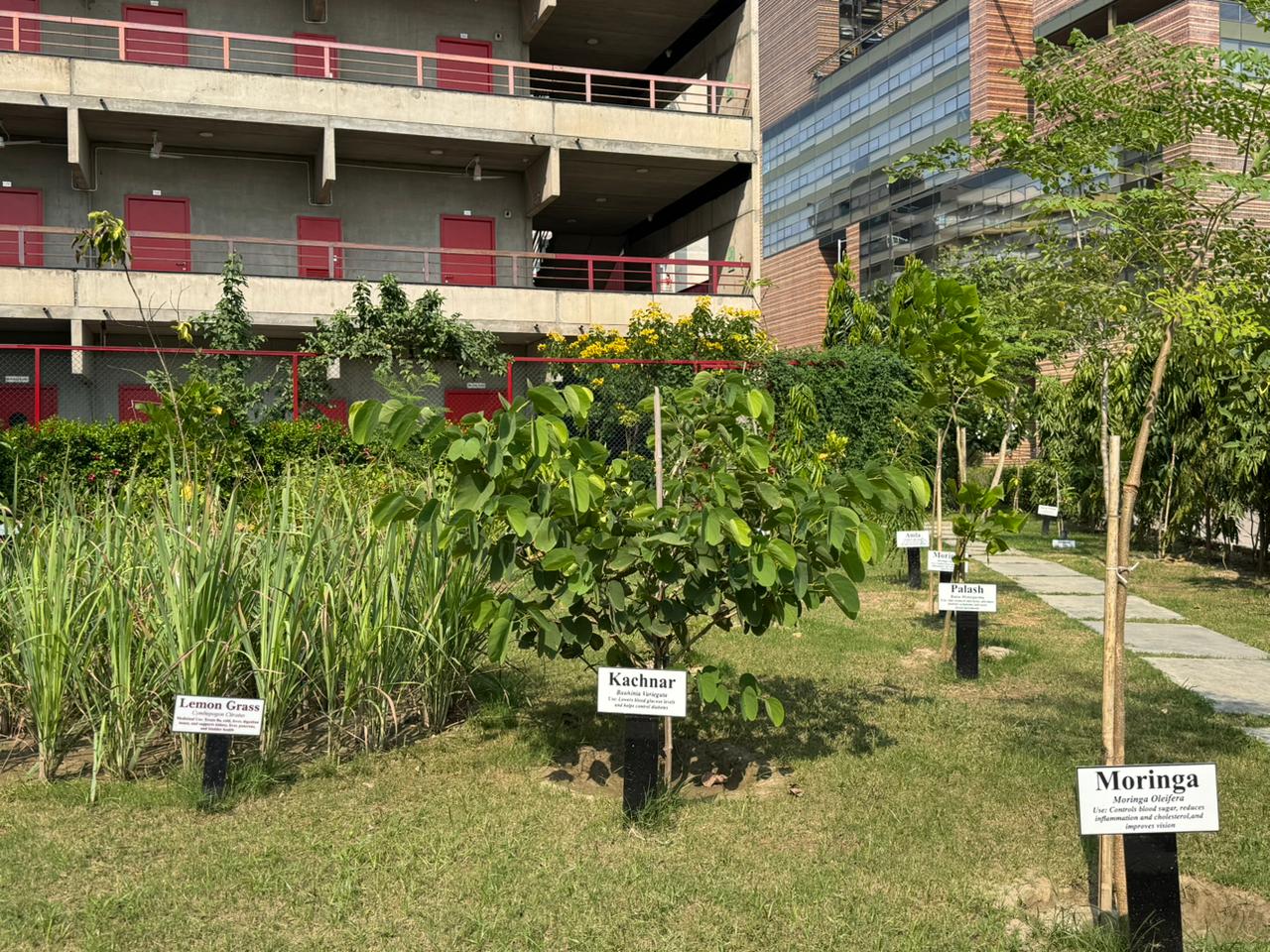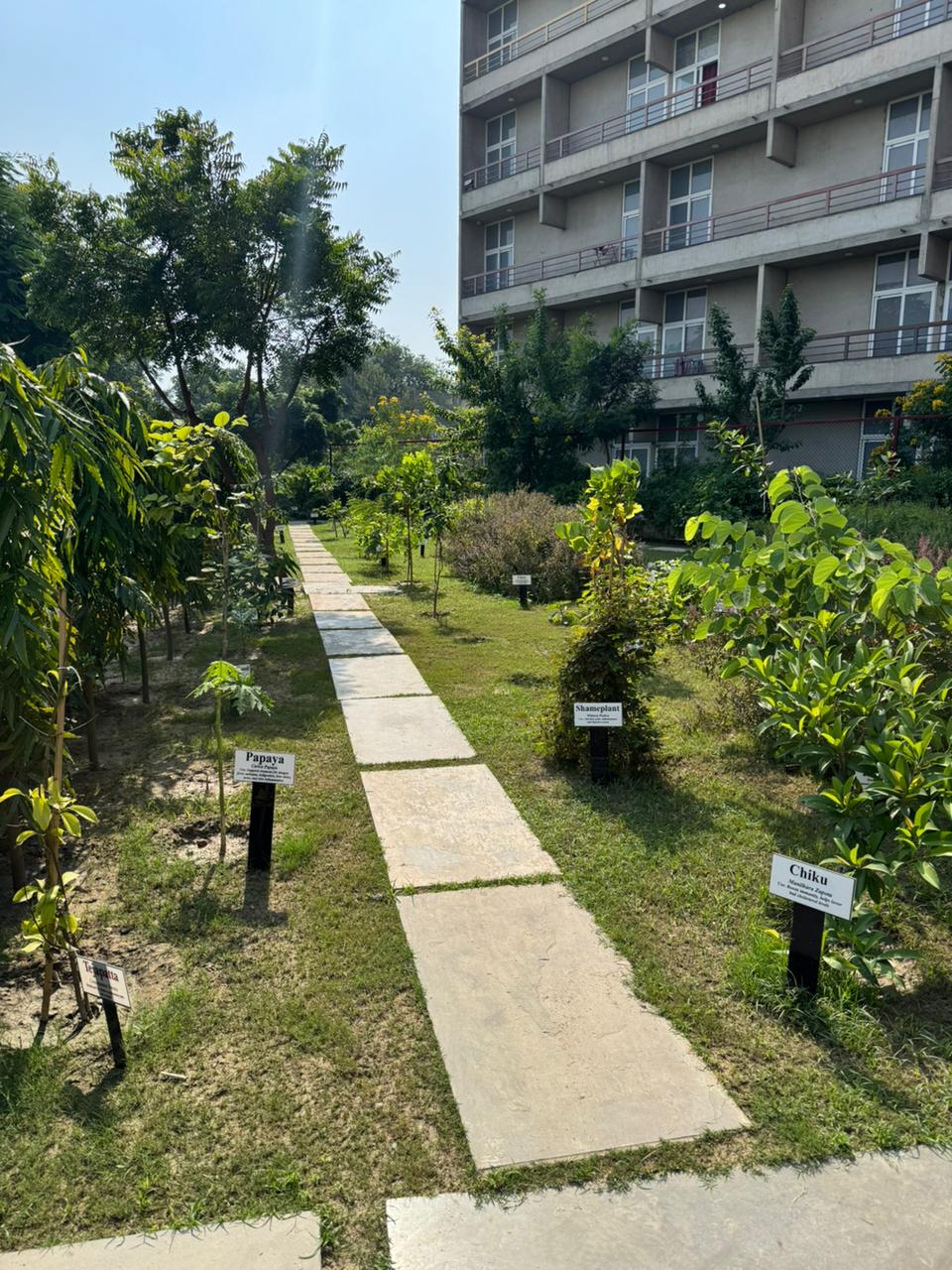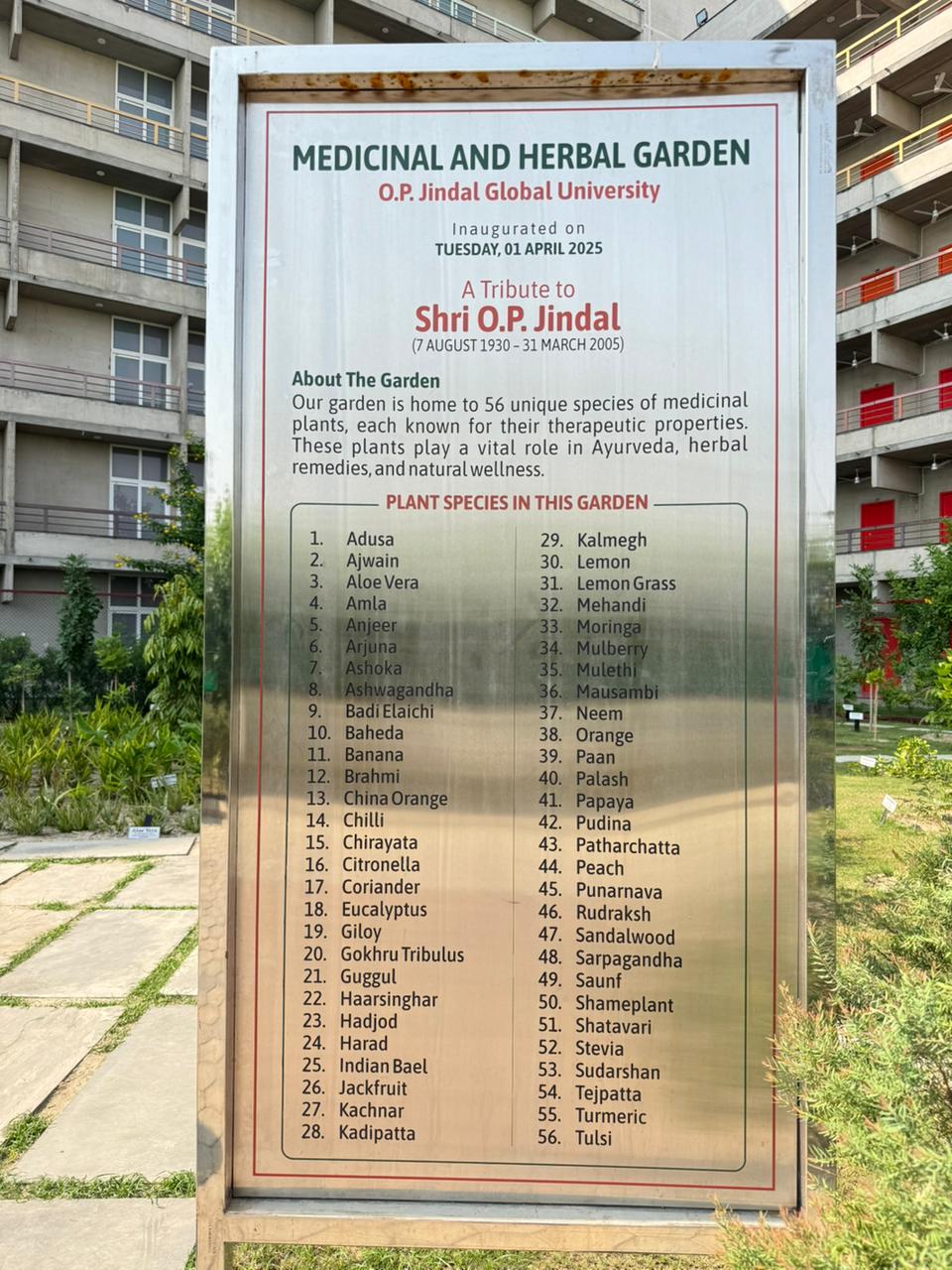Sustainable food purchases
Procurement Policy
JGU’s procurement policy stands on the pillars of local sourcing, traceability, and rigorous quality assurance. Every batch of produce delivered to the university is sourced through a meticulous vetting process that prioritizes vendors within the regional ecosystem. Suppliers are required to provide comprehensive certifications such as Certificates of Analysis (COA) for every consignment, ensuring both safety and provenance. To ensure ongoing compliance, regular audits conducted internally and by third-party agencies—are enshrined in the procurement of workflow. This level of transparency not only guarantees that all fresh fruits, vegetables, and pantry staples meet JGU’s stringent food safety and sustainability standards but also models responsible institutional procurement for the entire higher education sector.
Supporting Regional Resilience
A core finding of SDR 2025 is that the majority of JGU’s food purchases now originate from local and regional vendors, reflecting a deep commitment to strengthening neighboring communities. This shift supports regional economies, reduces transportation-related emissions, and helps build more resilient, flexible supply chains. By favoring small and medium-sized producers, the university empowers Agri-entrepreneurs and strengthens the socio-economic fabric of its broader environment. Live metrics and periodic sustainability impact reports track not only the volume and diversity of locally sourced goods, but also their positive ripple effects from increased vendor incomes to measurable reductions in campus food miles. This evidence-first approach turns procurement into an engine for sustainable development beyond the campus gates.
Food Bank Partnerships
Looking to the future, JGU’s soon-to-be-established food bank will expand this commitment to regional sourcing. The food bank will actively seek partnerships with local smallholders, SHGs, and cooperatives, channeling surplus and specialty produce directly to students and staff in need. Plans for farm-to-table contracting, fresh-produce donation drives, and seasonal “gleaning” initiatives are being developed to both mitigate food waste and uplift the local Agri-sector. By intertwining food security with community economic empowerment, the food bank will close the loop transforming procurement, redistribution, and support for local food systems into a seamless continuum of impact. The goal: ensure that every meal supports not just well-being on campus, but prosperity and resilience throughout the region.









